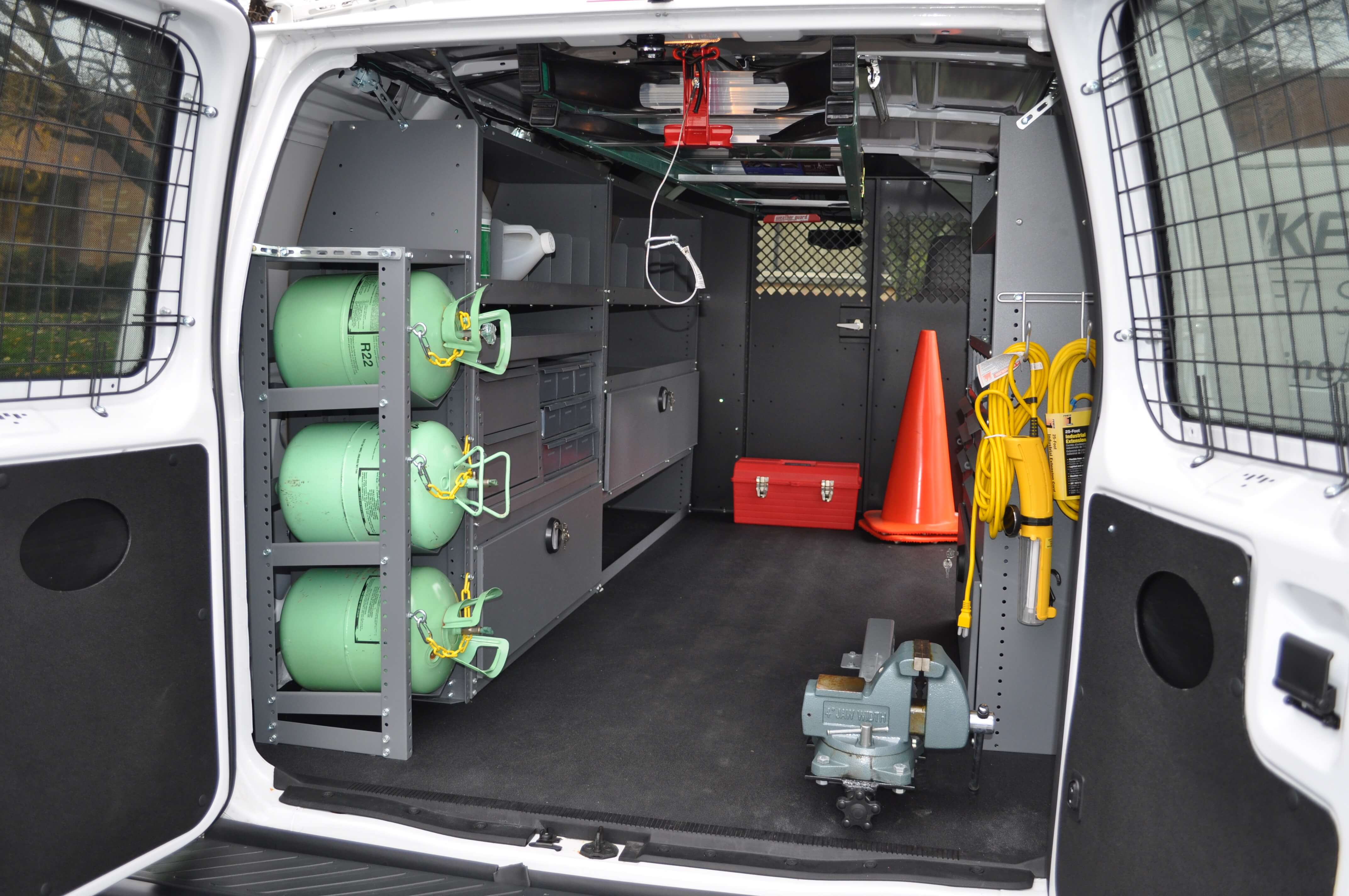Energy-Efficient Cooling And Heating Solutions to Reduce Energy Expenses
As power expenses remain to rise, the significance of energy-efficient a/c systems ends up being progressively obvious. These systems not only guarantee considerable financial savings on energy expenses however likewise contribute to a more lasting future by decreasing power usage. With various options available, consisting of geothermal warmth pumps and ductless mini-splits, homeowner face a wide variety of choices that can boost comfort and air top quality. Nevertheless, understanding the essential features and upkeep demands is essential to optimizing these benefits. What factors should be focused on when selecting the ideal system for your needs?
Advantages of Energy-Efficient HVAC Solutions
Energy-efficient HVAC systems use numerous advantages that expand beyond simple price savings. One considerable advantage is the reduced environmental influence. By consuming much less power, these systems add to lower greenhouse gas exhausts, helping to deal with climate modification and advertise sustainability. This aligns with raising societal needs for environment-friendly techniques in property and business setups.
In addition, energy-efficient heating and cooling systems commonly give enhanced convenience degrees. Most of these systems feature advanced innovation that enables much better temperature control and enhanced air high quality (DMAKS HVAC). This causes a healthier interior setting, which is specifically vital for people with allergic reactions or breathing problems
Moreover, investing in energy-efficient a/c systems can improve property worth. As even more customers prioritize energy efficiency, homes and buildings equipped with these systems may attract higher quotes in the genuine estate market.
Kinds Of Energy-Efficient HVAC Options
How can homeowners and businesses pick one of the most appropriate energy-efficient a/c choices for their needs? The marketplace uses a range of energy-efficient HVAC systems, each designed to boost comfort while minimizing power intake.
One option is the variable cooling agent circulation (VRF) system, which successfully regulates the temperature in several zones within a building. This system adapts its cooling agent circulation to match the desired temperature, resulting in substantial energy savings.
One more popular option is geothermal heat pumps, which make use of the earth's steady temperature to warm and awesome rooms. By transferring warmth to and from the ground, these systems demonstrate remarkable performance, particularly in modest climates.
Furthermore, ductless mini-split systems provide an energy-efficient option for homes doing not have ductwork. These systems enable for zone-specific heating & cooling, decreasing power waste in unoccupied areas.
Last but not least, high-efficiency furnaces and ac unit, with sophisticated SEER and AFUE rankings, provide trusted climate control while eating less energy than typical models. By reviewing these choices, home owners and organizations can select a cooling and heating system customized to their particular demands and energy efficiency goals.
Trick Features to Take Into Consideration

Next, explore the sort of compressor utilized in the system. DMAKS HVAC. Variable-speed compressors can readjust their outcome to match the home heating or cooling need, causing improved convenience and energy savings contrasted to single-speed versions. In addition, look for systems outfitted with wise thermostats that offer programmable settings and remote accessibility, enabling for far better control over energy intake
An additional critical feature is the system's air filtration capability. High-efficiency filters can improve indoor air high quality and decrease energy consumption by guaranteeing the system operates effectively. Take into consideration the type of refrigerant used; modern systems often use green cooling agents that have a lower ecological effect.
Finally, ensure that the system is suitable with zoning modern technology, which permits for personalized temperature level control in different areas of your home, improving comfort while minimizing power use.
Tips for Choosing the Right System

Following, think about power efficiency ratings, specifically the Seasonal Power Efficiency Ratio (SEER) for cooling down systems and the Annual Fuel Application Performance (AFUE) for heater. Higher ratings show better effectiveness, which can result in considerable cost savings on utility costs gradually.
Furthermore, assess the sort of heating get redirected here and cooling system that best fits your lifestyle and spending plan. Choices include main air conditioning, ductless mini-splits, and heatpump, each with its very own set of benefits and disadvantages.
Do not ignore the significance of proper installment and sizing; an improperly sized system can bring about ineffectiveness and increased wear. Last but not least, consult with a specialist cooling and heating service provider to acquire expert referrals customized to your home's distinct needs. This comprehensive method will certainly ensure that you select an energy-efficient a/c system that meets your requirements and budget plan effectively.
Maintenance for Ideal Efficiency
When the appropriate HVAC system remains in area, ongoing maintenance comes to be essential to making certain ideal performance and long life. A well-maintained system runs better, leading to reduced power consumption and reduced utility expenses. Routine inspections and tune-ups need to be set up at the very least twice a year-- when before the air conditioning period and once before the home heating period.

Property owners must additionally be attentive regarding checking their heating and cooling system's efficiency. Unusual noises, varying temperature levels, or boosted energy expenses can indicate underlying problems that need immediate attention. By attending to these problems without delay, house owners can prevent expensive fixings and extend the life expectancy of their systems.
Buying a maintenance strategy with a certified technician not only enhances effectiveness yet also offers satisfaction, recognizing that the system is operating at its best. DMAKS HVAC. Routine upkeep is therefore vital for maintaining power efficiency and reducing general functional expenses
Final Thought
In conclusion, Look At This energy-efficient HVAC systems present a feasible option for decreasing utility bills while boosting convenience and air quality. By incorporating sophisticated technologies and options such as geothermal heatpump and ductless mini-splits, residential or commercial property owners can achieve significant power cost savings and add to environmental sustainability. Cautious factor to consider of system attributes and recurring upkeep additionally makes sure ideal performance, making energy-efficient systems a prudent investment for both economic and environmental benefits.